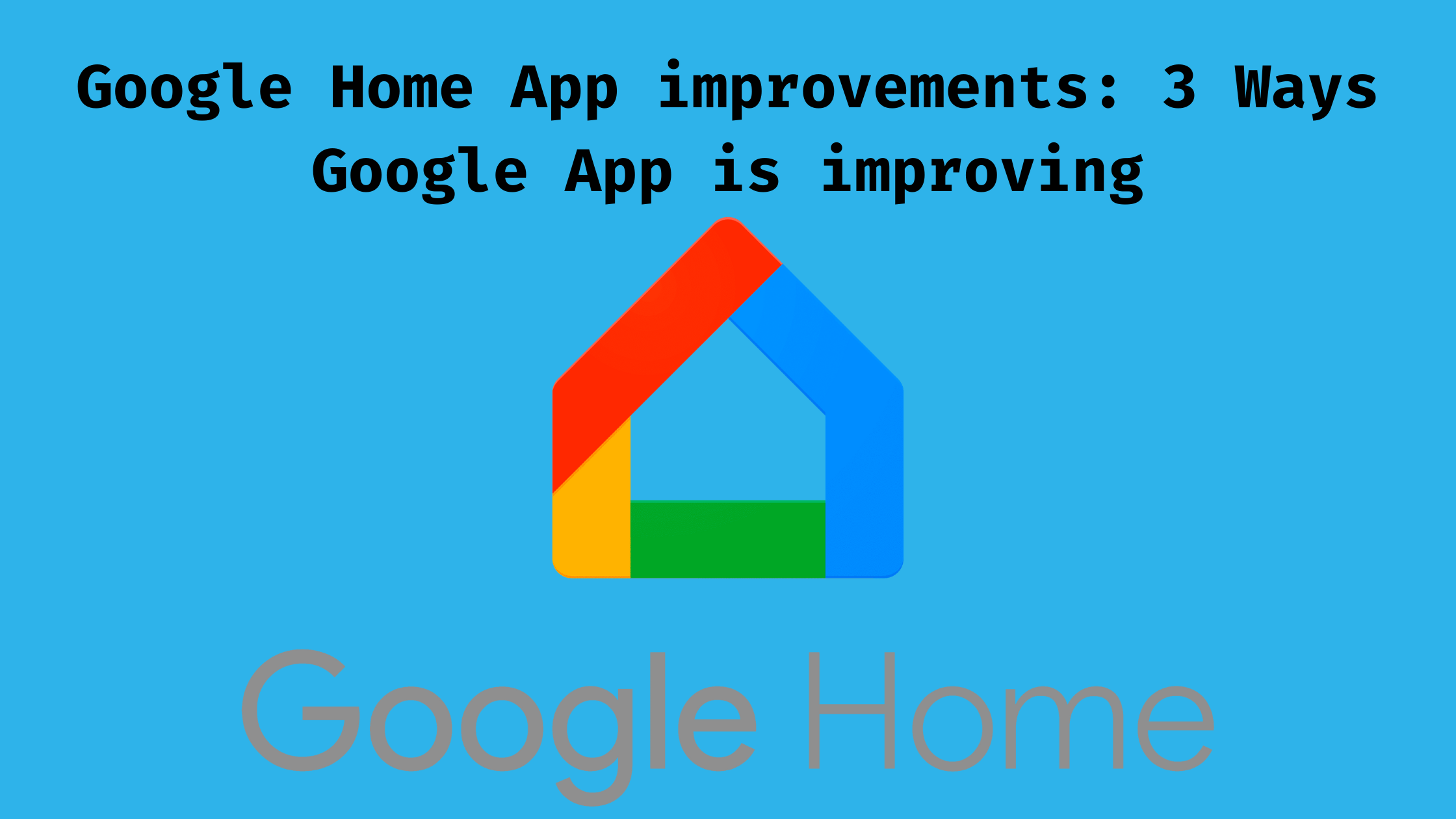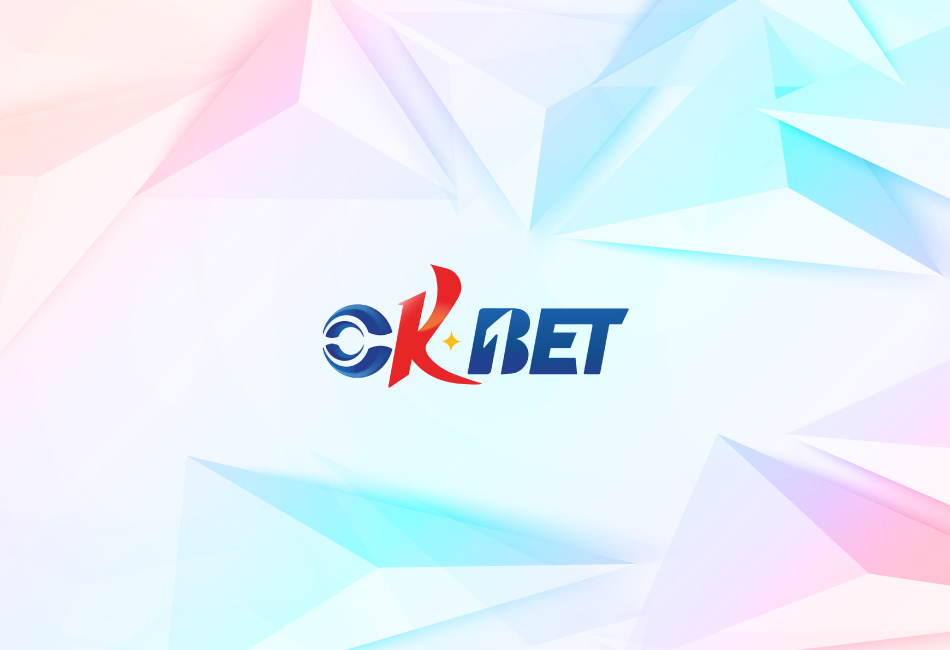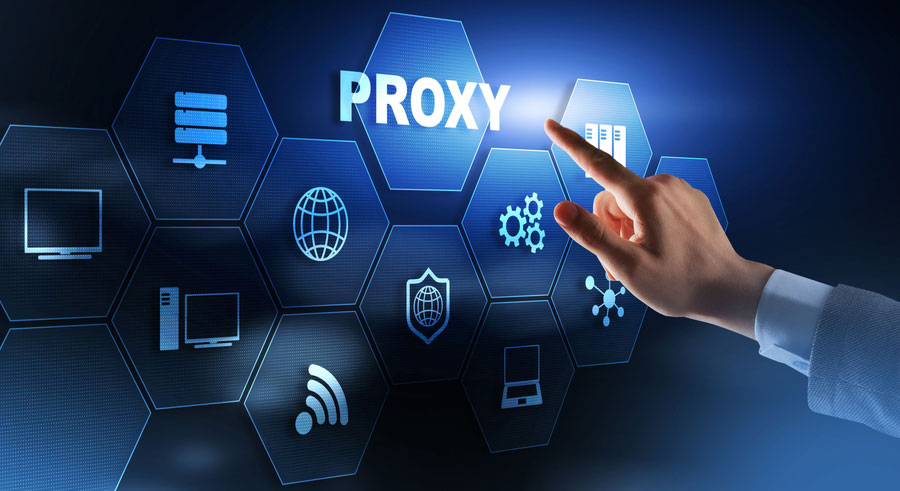
The Blockchain is considered an epochal revolution for mankind. But what real problems could it solve in the future?
Blockchain is a key theme for the future. For many, it is still erroneously “synonymous” with Bitcoin, but in reality, there is much more behind this word that, with a good chance, will monopolize many of the applications of the future. It is interesting to note how this model is becoming an opportunity, and increasingly central in a historical period in which cryptocurrencies are being questioned. However, there’s always an immediate edge that can help all investors.
Not that digital money has no future; surely, however, there are many experts in the sector and many large economic realities that look doubtfully towards these prospects. But let’s go step by step.
Table of Contents
What is the Blockchain?
The Blockchain is practically a database for the management of encrypted transactions on a decentralized peer-to-peer network; technology changes the way we create, obtain and exchange value.
Blockchain is a technology structured as a chain of blocks containing all the information on the various operations. The validation of these operations works by distributing the consensus on all the nodes of this chain that are authorized to participate in the various phases of the process of validating the operations.
This system allows you to easily manage a distributed database; in operational terms, we can imagine it as a kind of alternative to the classic centralized archives that allow data to be controlled thanks to the collaboration of all the subjects that are part of the network. These, of course, will all have data shared and accessible in the same way.
There are some main features that distinguish Blockchain technology and that are worth remembering:
Decentralization
Transparency
Safety
Immutability
Consent
Responsibility
Programmability
Starting from this, it is clear that the Blockchain could pave the way for various developments, many of which are linked to what is called “digital trust”, at the basis of the Internet of People, for example. In this sense, the system would allow the development of more shared and transparent participation of all the information within it; as well as greater security. Precisely for this reason, the concept of Blockchain is among the hot topics of the moment because it could help in the creation of a web 3.0 built on the above values.
How Blockchain Can Solve Real-World Problems
The Blockchain could be used to refine and make the system of personal documents and certifications more secure. The idea is to be able to store and save any type of document within this chain, from certificates to fingerprints. The owner of such data would always have access to the materials in a simple and secure way; at the same time, people who need to consult this information could apply for and “easily” access everything they need.
This is of course a way to make all these elements unalterable and available for official consultation. Let’s imagine, for example, that an employer can consult the educational qualifications and certifications of the people he could hire, a way to streamline storage and archiving. We have already dealt with the subject of NFTs in the world of education and, in this sense, it could really be a sea change.
Blockchain technology to manage finance and accounting
We have repeatedly talked about Blockchain and cryptocurrencies, but we can also imagine this system as a way to manage financial information and make it safe and transparent. Encrypting such information and making it available only to certain people could first of all simplify many practices in accounting management. At the same time, it would make them immutable with the impossibility for third parties to change the figures and attempt any fraud.
In a historical period where data security is fundamental and, at the same time, various types of scams are being implemented, the Blockchain could help make the world of accounting records and the entire economic sector safer.
Read more:
THE BLOCKCHAIN AND THE WEB REVOLUTION






